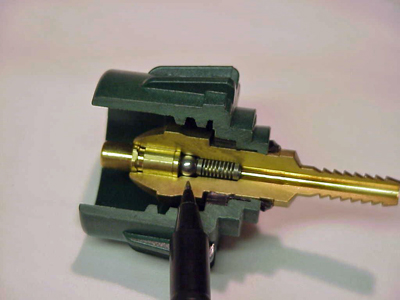nursejen813
Member
- Joined
- Jun 21, 2020
- Messages
- 5
- Reaction score
- 3
Hello everyone,
I had an odd problem last night: had 7 gal of wort, starting at 140F and after 7 hours on a propane burner was only at 190F! I had to go to bed at this point for work today and now I'm looking for ideas on how to get it boiling tonight (it would need to reach boil within 2 hours or so because I work again tomorrow). Right now, it's sitting in a covered pot making me nervous, but, it's still to be boiled.
I used a propane burner similar to this one: Carolina Cooker® Single Burner, Cast Iron Stove Looks the same, but not sure of the brand, BTU, etc. In case the link doesn't work, it claims to be 15,600 BTU low pressure burner.
My options for tonight would be to lift it onto the stovetop (18,000 BTU burner) or put in on a portable induction stove I've used before (my issue with this is it may take too long to heat- I usually start it at sparge temp and I'm sure it will be closer to room temp tonight)
I still don't get why the propane didn't work; the tank was full and I had it cranked up full blast with blue flames (though they didn't get big enough to physically touch the pot)
Any suggestions?
Thanks,
Jen
I had an odd problem last night: had 7 gal of wort, starting at 140F and after 7 hours on a propane burner was only at 190F! I had to go to bed at this point for work today and now I'm looking for ideas on how to get it boiling tonight (it would need to reach boil within 2 hours or so because I work again tomorrow). Right now, it's sitting in a covered pot making me nervous, but, it's still to be boiled.
I used a propane burner similar to this one: Carolina Cooker® Single Burner, Cast Iron Stove Looks the same, but not sure of the brand, BTU, etc. In case the link doesn't work, it claims to be 15,600 BTU low pressure burner.
My options for tonight would be to lift it onto the stovetop (18,000 BTU burner) or put in on a portable induction stove I've used before (my issue with this is it may take too long to heat- I usually start it at sparge temp and I'm sure it will be closer to room temp tonight)
I still don't get why the propane didn't work; the tank was full and I had it cranked up full blast with blue flames (though they didn't get big enough to physically touch the pot)
Any suggestions?
Thanks,
Jen












![Craft A Brew - Safale S-04 Dry Yeast - Fermentis - English Ale Dry Yeast - For English and American Ales and Hard Apple Ciders - Ingredients for Home Brewing - Beer Making Supplies - [1 Pack]](https://m.media-amazon.com/images/I/41fVGNh6JfL._SL500_.jpg)














































